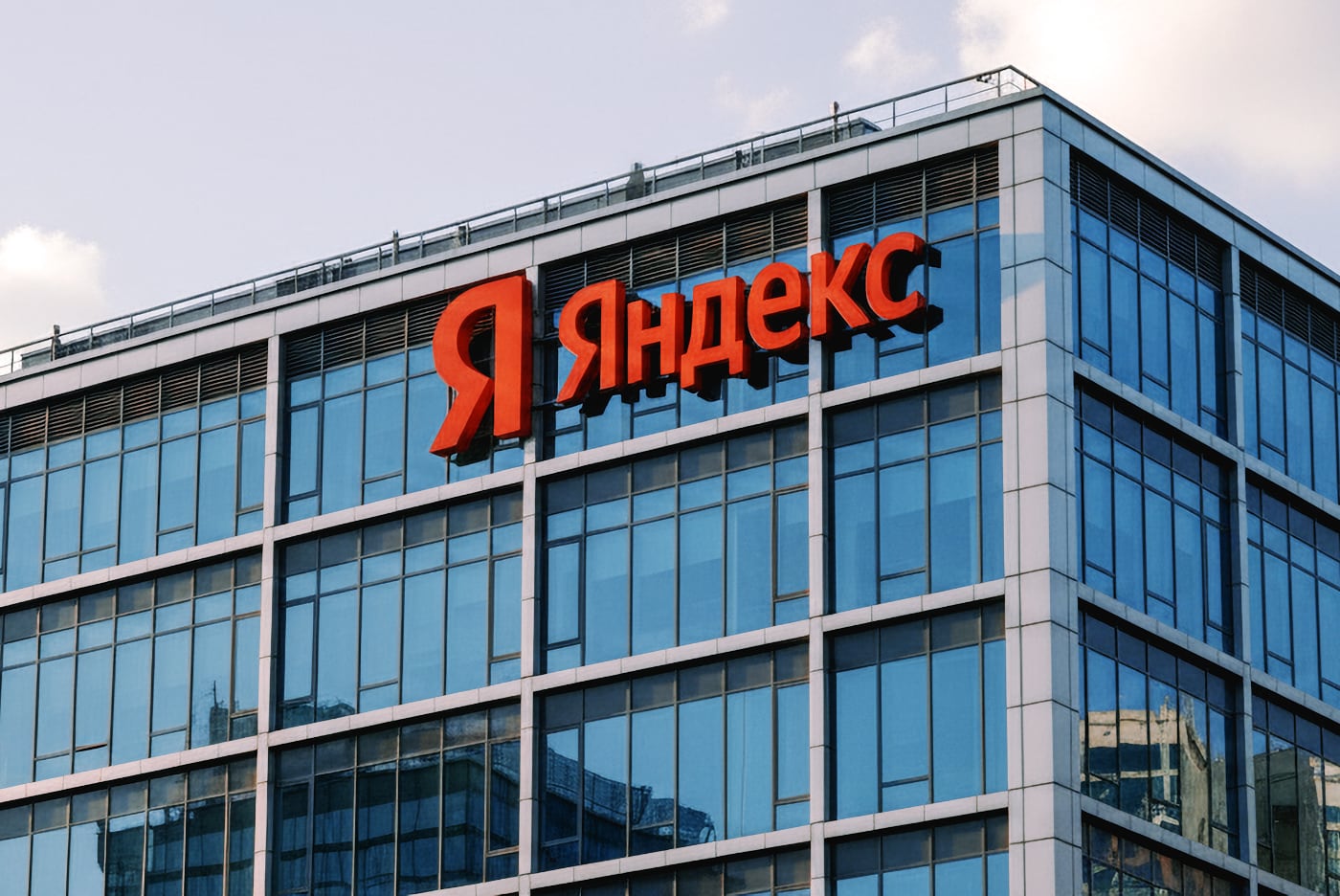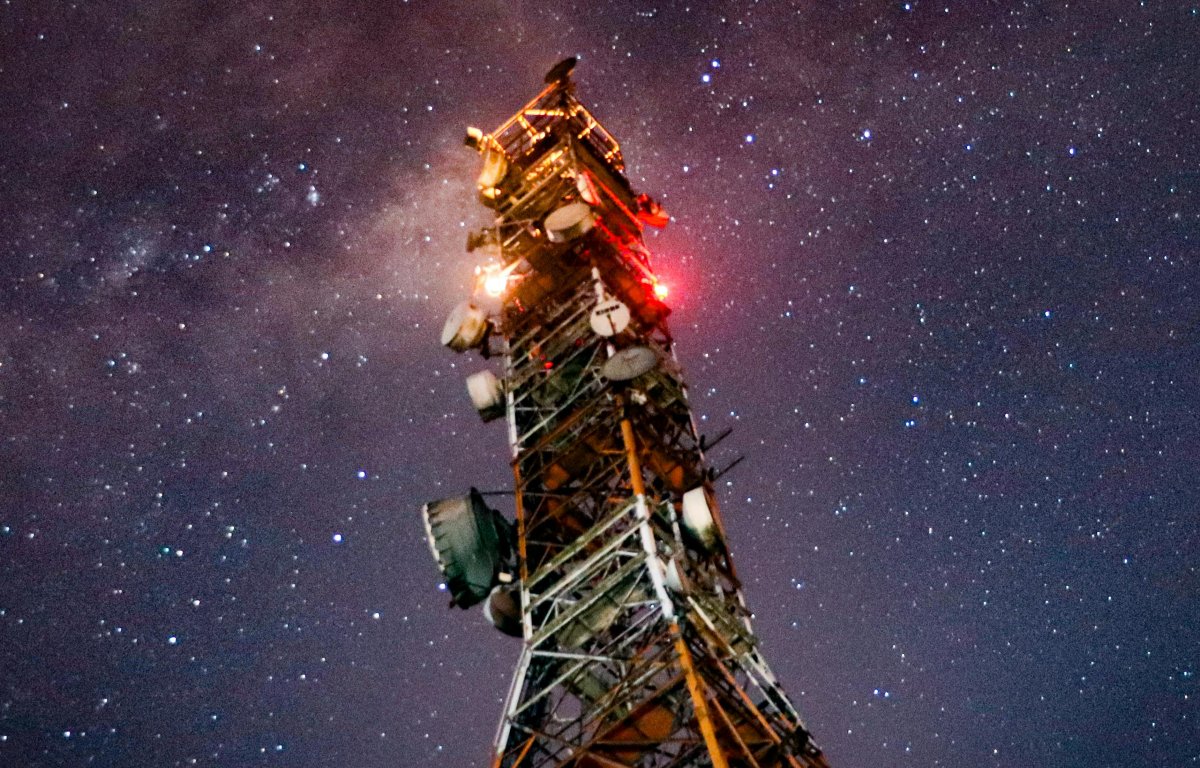Article by Marcos Ferrari.
Imagine what your day would be like with a mobile phone that could only make voice calls. A device that didn’t allow you to send instant messages, check your emails, access social networks, navigate to an unknown address, call a driver to your door, watch movies or lectures, do your banking or video conferencing. That’s exactly what our lives were like 10 years ago.
In the first decade of the 2000s, the most common mobile phone in the hands of Brazilians was, quite literally, a mobile phone with some attractive features such as a camera, a calculator and other applications. The big change came in 2013 with the arrival of 4G in Brazil and the resulting massive increase in Internet use on mobile phones in the country through the latest smartphones. Within a decade, the democratization of communication brought by the Internet made connectivity an essential asset, even recognized by Brazilian legislation at the height of the pandemic, when its presence became vital for the continuity of economic activity.
We are now in the 5G era, which completed its two-year work on July 6 and promises a much more revolutionary leap. Due to its innovative features such as speeds 100 times faster than 4G and much shorter response times, fifth-generation technology enables machines to connect to machines, opening up space for applications such as big data, automation, robotization and artificial intelligence. Infinite possibilities in agriculture, medicine, education, industry and different areas of the business world.
5G is developing much faster than 4G in the country, gradually replacing this and previous technologies. One year and 11 months after 5G was activated, there are already 27.9 million accesses in more than 589 municipalities, where 62% of the Brazilian population lives. During the same period of implementation, 4G reached just over 8 million accesses. According to a GSMA report presented at the M360 event in Mexico City in June, 78% of connections in Brazil will be 5G by 2030.
It is important to highlight that the number of Brazilian cities that have benefited from 5G so far is much higher than estimated in the technology implementation statement: 5G adoption in 95% of them is the result of the expected targets. The technology implementation schedule started in July 2022 and the commitment to install the technology in all cities with more than 500 thousand inhabitants by 2025 has already been met.
The advancement of 5G and its predecessors has required the telecommunications sector to make major investments in network infrastructure. In the last five years, as operators have completed their 4G deployment commitments and enabled 5G, the average investment has been R$39.5 billion per year, representing approximately 2.3% of the country’s Gross Fixed Capital Formation. Investments have been even stronger in 2021 and 2022, with preparations for the rollout of 5G and the expansion of coverage of the new technology. In 2023, investments were R$35 billion.
These investments, which continue to advance at the speed of technological innovations, translate into development for the country. The arrival of connectivity in a city not only ensures social inclusion, but also stimulates the Brazilian economy by generating new jobs and employment. A study jointly prepared by Nokia and Omdia shows that 5G will have an impact of up to 1.2 trillion US dollars on Brazil’s Gross Domestic Product (GDP) by 2035. The Ministry of Economy has also made a projection of the benefits. The Ministry estimates that the use of technology will generate 590 billion R$ per year for the most diverse sectors of the economy. And the telecommunications sector will continue to be indispensable to enable this revolution, which is absolutely indispensable for the development of the country and the improvement of the socioeconomic conditions of the population.
Source: Tec Mundo
I am a passionate and hardworking journalist with an eye for detail. I specialize in the field of news reporting, and have been writing for Gadget Onus, a renowned online news site, since 2019. As the author of their Hot News section, I’m proud to be at the forefront of today’s headlines and current affairs.










